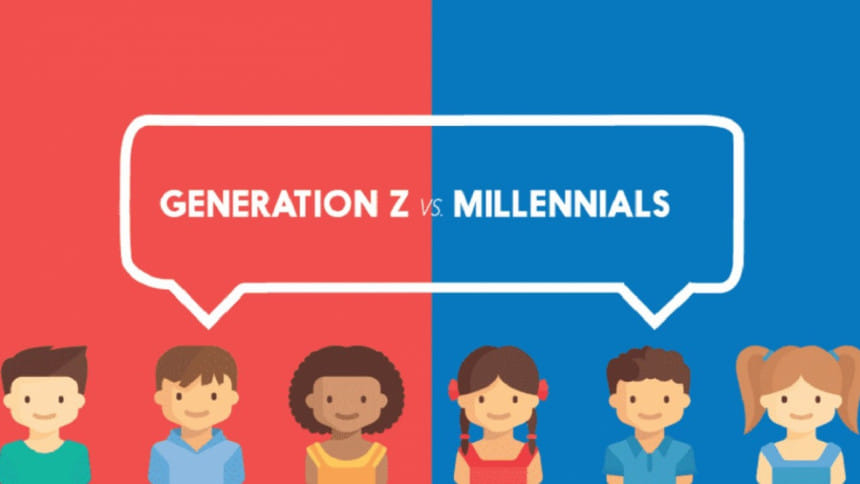The corporate clash between millennials and Gen Zers

The workplace of today has seen some dramatic changes due to a large number of Gen Zers joining the workforce. With their pragmatic and tech-savvy approach, Gen Zers have sort of re-shaped the workplace or at least are attempting to. Working alongside them are millennials who, safe to say, have been in the workforce for quite several years. This generational mix is proving to be a hotbed for innovation albeit with its numerous challenges.
This article hopes to show the differences between the two generations and how crucial it is to harmonise them to allow for an inclusive, contented, and beneficial workplace.
To begin with, who are the millennials and Gen Zers? Well, millennials are people who were born between 1981 and 1996, a time when the world was experiencing rapid changes in terms of technology, the dot com boom, and the rise of the internet.
This gave millennials an innate appreciation for being innovative and creative individuals. As a result, most value a flexible work-life schedule, good work-life balance, and a job that aligns with their passions and personal values.
Coming to Gen Zers, they were born from 1997 onwards and had a world full of opportunities and technology at their disposal. Although their upbringing was marked by global recessions, climate change crises, and rapidly evolving technological advancements, they still enjoyed the privilege of a comfortable upbringing relative to millennials.
Most Gen Zers are superbly tech-savvy and have a heightened sense of financial responsibility and social issues.
Millennials grew up at the turn of the century of the tech boom yet they still prefer to have a mix of both digital and face-to-face interactions. They prefer setting organised and structured meetings, for lunch or coffee and are often more outgoing and affirmed in their approach.
Whereas Gen Zers focus more on being technologically efficient and would prefer to have all their communication online and focus on themselves and their succinct atmosphere. This disparity in communication can lead to a gap in the workplace between the two.
Work ethic is also a factor that divides the two groups with millennials opting to work in groups, favouring collaboration and feedback for affirmation. The workplace appears to be a community and millennials believe in a group effort to succeed.
Gen Zers, on the other hand, see the workplace as a highly competitive space and are prepared to work independently driven by security. They are realistic and focused which can be confused as being tunnel visioned.
There is no doubt both groups are extremely efficient at using technology, be it social media or tools in the workplace. However, the context in which they use it differs slightly. Millennials use technology to maintain their work-life balance and are the pioneers of the digital nomad revolution. Gen Zers view technology as a given and use it effectively and leverage it to perform tasks faster and better.
Finding common ground between the two can be challenging but there are some steps to take by which it can be achieved.
Workshops that highlight each group's strengths and learning styles can effectively increase collaboration and boost camaraderie. Moreover, introducing mentorship programmes can facilitate knowledge exchange between them and earn mutual respect.
Ultimately, taking a more inclusive approach in the workplace will benefit both groups in the workplace and combining their positive attributes by setting clear expectations and goals will significantly boost the work yield as well. The future is in the hands of these two generations and together they can set a multitude of examples to be followed.

 For all latest news, follow The Daily Star's Google News channel.
For all latest news, follow The Daily Star's Google News channel. 








Comments